
Members of the Helsinki Committee
Teresa Bogucka
journalist, writer. Teresa Bogucka coordinated with the Workers’ Defense Committee and created a “flying library” with forbidden books that her friends in exile sent her. She became part of NSZZ “Solidarność”, in which she was the vice-president of the Team for Culture of the Mazowsze Region. On 13 December 1981, Bogucka was detained. She was released from the facility after the intervention of the Polish Literates Society, the Polish Academy of Sciences and the Episcopat.
Halina Bortnowska-Dąbrowska
theologist, publicist In the 1980s, Bortnowska was a member of the underground Helsinki Committee in Poland. She co-created the Helsinki Foundation for Human Rights in1989. As in the theme of the journalism workshops she led herself (including for students, young journalists, schoolchildren and people in detention facilities), Halina Bortnowska is occupied with promoting a worldwide journalism standard. Since 1992 she has been the coordinator of the Young Journalists Workshops “Polis” in Warsaw. She is the co-creator of the “Open Republic” Association against Anti-Semitism and Xenophobia (2000). In the Helsinki Foundation for Human Rights she leads the group “Horizon- against the death penalty”.
Janusz Grzelak
psychologist, professor at Warsaw University In 1980, Grzelak joined “Solidarność”, rising into the ranks of the board of the Mazowsze Region a year later. He represented the local structures of the board with the first National Reunion of the Delegates in Gdańsk. He became a member of the KSR “Freedom-Justice-Independence”. At the introduction of martial law, Grzelak was repressed by functionaries of the Security Services and forced to step down from his role as dean. He coordinated with the underground “Solidarność”, including the Interim Coordination Committee and the Helsinki Committee. In 1989 he took part in the discussions of the Round Table as a vice-president of the commission for matters of education and sciences from the side of the opposition. After the creation of the government of Tadeusz Mazowiecki, he became the vice-minister of national education, a position he held until 1991.
Jacek Kurczewski
sociologist, professor at Warsaw University Professionally involved with Warsaw University, Kurczewski directs the Department for Studies of Tradition and Law in the Institute for Applied Social Sciences of the University. During the years of PRL, he was part of the democratic opposition and an advisor to “Solidarność”. He took part in the discussions of the Round Table, holding a seat in the State Tribunal in the years 1989-1991. In 1991 to 1993, he held a minister’s seat in the Sejm for the first term of the Liberal-Democratic Congress. In the Sejm he held the position of the vice-martial.
Ewa Łętowska
doctor of law professor of political studies, judge of the SAC and the Constitutional Tribunal, Poland’s first Ombudsman of constitutional rights. In 1968, Łętowska earned her degree as a doctor of political studies, and a PhD in civilian law in 1975. She has been a professor since 1986. In the years 1977-1987, she was the head of the Commission for Civil Law in the Polish Political Studies Institute of the Academy of Sciences. From 1987 to 1992, Łętowska held the position of the Ombudsman of Constitutional Rights. After the term expired, she joined the Helsinki Committee. In the years 1999-2002, she was a judge of the Supreme Administrative Court and worked as a judge of the Constitutional Tribunal from 2002 to 2011.
Wojciech Maziarski
philologist, publicist In the 1980s, Maziarski was president of the student council and organizer of the protests at Warsaw University. He wrote in the daily press, including in the quarterly Oboz, of which he was the co-editor. Maziarski took part in the Polish-Czechoslovakian Solidarity and organized a web of contacts in opposition to Hungary and other countries of the eastern bloc. He was the founder and president of the Information Service Solidarity of 1988 and the Eastern-European Information Agency.
Michał Nawrocki
Physicist, professor at the University of Warsaw In 1981 he participated in the development of a civic bill on higher education. After December 13, 1981, he coordinated the activities of the secret Solidarity at the University of Warsaw. From April 1983, he was the coordinator of the work of the secret Social Science Committee. From June to September 1986 he belonged to the secret RKW Mazowsze.
Marek Antoni Nowicki
lawyer, ex-member of the European Commission on Human Rights in Strasbourg, ex-Ombudsman of citizens’ rights in Kosovo During the time of martial law, Nowicki was a publicist for the underground press and the co-founder of the underground structures of “Solidarność” as well as different independent institutes. In 1982, he co-founded the underground Helsinki Committee in Poland. The co-author of the Committee’s reports, he was also an advisor and member of the strike in the mine “July Manifest” in Jastrząb in August 1988. Nowicki co-founded the Helsinki Foundation for Human Rights in Warsaw and, from November 2003 to February 2008, was the president of the Helsinki Foundation for Human Rights.
Danuta Przywara
sociologist Przywara worked first in the project bureau, then the resort institute for building and lastly in the Psychology Institute of the National Institute of Sciences. During the time of “Solidarność” she was a mediator for the Mediation Committee of the Mazowsze Region NSZZ “Solidarność”. In 1982, she joined as a member of the Helsinki Committee in Poland and co-authored its reports. In 1989, she co-founded the Helsinki Foundation for Human Rights and was the President of the Council of the Foundation since 2008.
Andrzej Rzepliński
Lawyer, professor of jurisprudence, academic teacher. He was the judge of the Constitutional Tribunal, and in 2010-2016 he was its president. In 1990 he was the initiator of the preparation and co-author of the Bill of Rights and Freedoms project, presented by a group of members of the Helsinki Committee in Poland and in November 1992 submitted by the President of the Polish Sejm as a draft constitutional act. He was a member of the board of the the Helsinki Foundation for Human Rights from the beginning – initially as a treasurer and then a secretary, until the moment of being elected to the position of judge of the Constitutional Tribunal in 2007.
Mirosław Wyrzykowski
Professor of University of Warsaw, Judge of the Constitutional Tribunal (2001-2010). Head of the Department of Constitutional Freedoms and Rights in the Office of the Commissioner for Citizens Rights (1988-1990), member of the Prime Minister’s Legislative Council (1990-1993 and 1996-2001), director of the Centre for Constitutionalism and Legal Culture at Institute of Public Affairs (1996-2001), member of the Legal Science Committee of the Polish Academy of Sciences, member of several scientific councils such as Legal Sciences Institute of Polish Academy of Sciences, National School of Public Administration, Institute of Sciences on State and Law and the Legal Administrative Studies Institute at University of Warsaw.
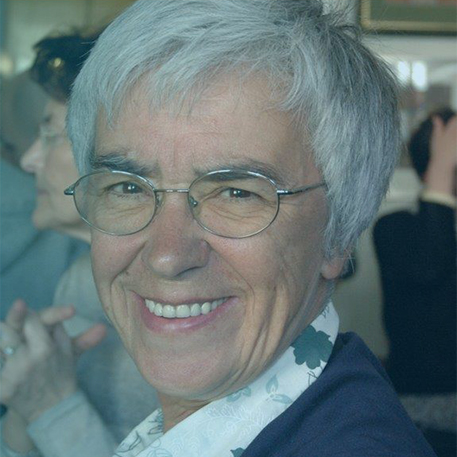
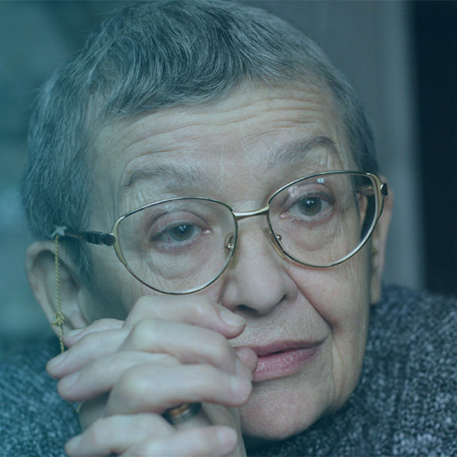
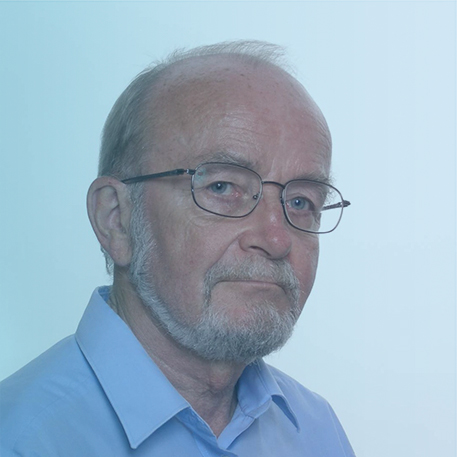
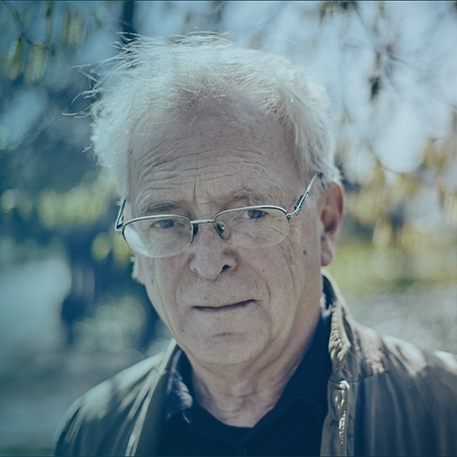
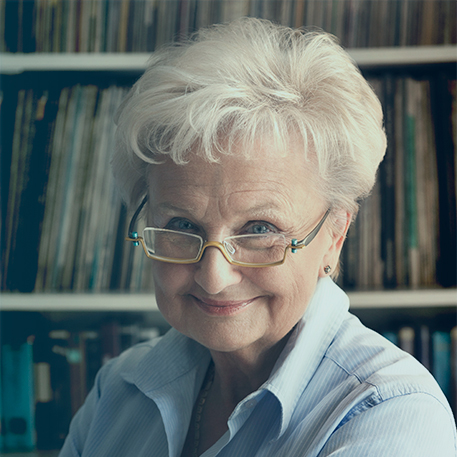
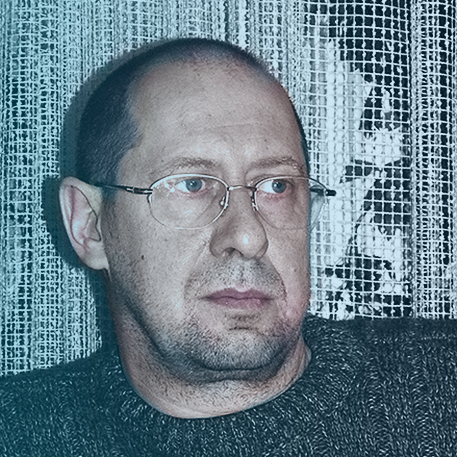
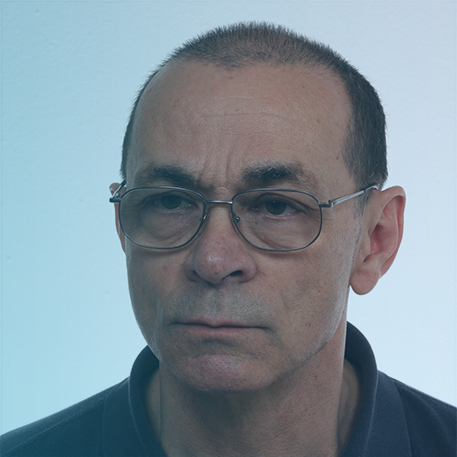
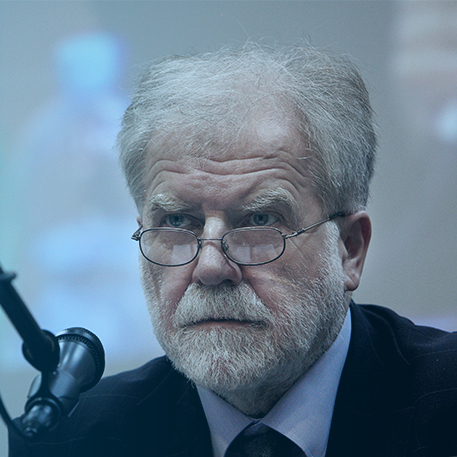
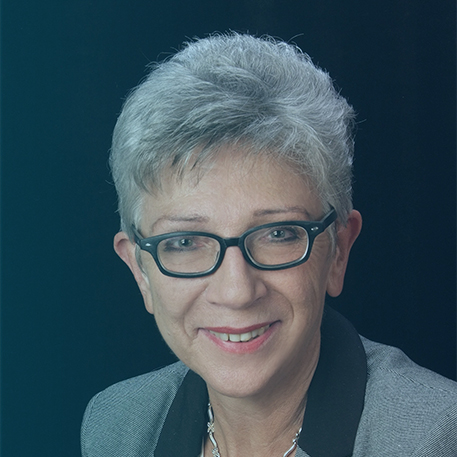
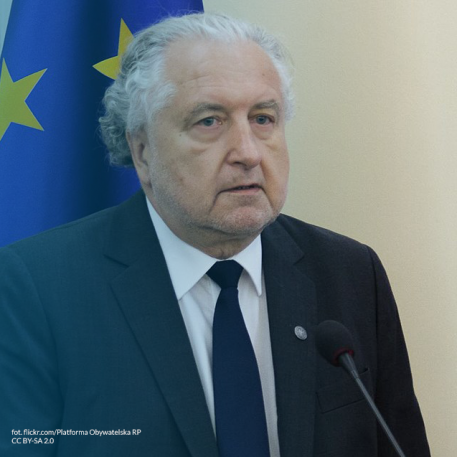
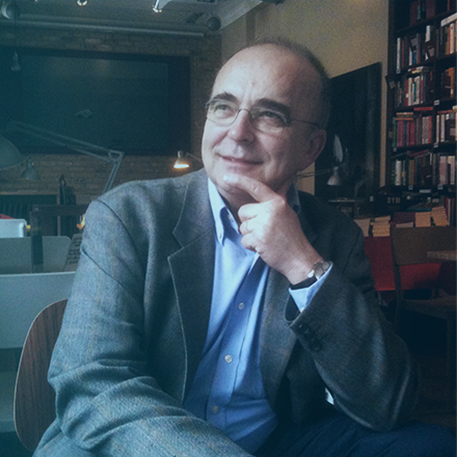

02.06.2015
 Cookies EN
Cookies EN